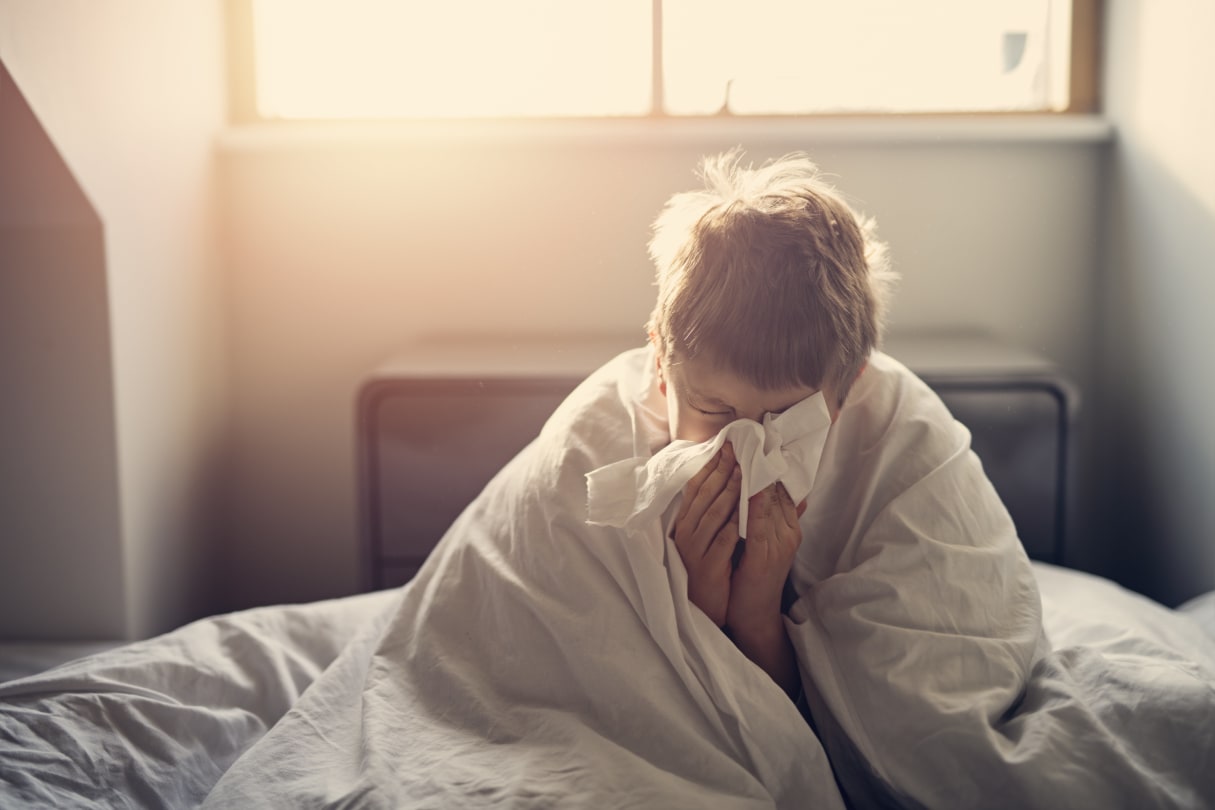RSV, Colds, Fever, COVID: This Year's Back-to-School Guide for Parents - Yale Medicine

"Vaccination is really the number one tool that we have for preventing many infectious diseases," says Dr. Dias. When so many viruses are circulating, it can reduce confusion, she adds.
The COVID-19 vaccine decreases the risk of hospitalization and death, and children ages 6 months and older can get vaccinated anytime. For influenza, however, the CDC recommends getting the flu vaccine before the end of October, although it's also available at other times. (Some children ages 6 months through 8 years will require two doses of the flu vaccine.)
While the flu shot is not always a perfect match for the predominant strain in a given year, it's a strong tool for preventing an infection that can be deadly in some children. Also, it can mean the difference between mild and severe illness in a child who gets sick despite getting the vaccine.
There is no vaccine yet to prevent RSV infection.
If possible, Dr. Murray encourages families to schedule a wellness checkup before school starts to assess their children's overall health and to update them on immunizations they may have missed during the pandemic, including vaccinations against measles, pertussis (whooping cough), and other diseases.
"When the vaccination levels in the population go down, these viruses do come back," says Dr. Murray. He adds that measles, in particular, is "super contagious and kids can get quite sick from it."


Comments
Post a Comment